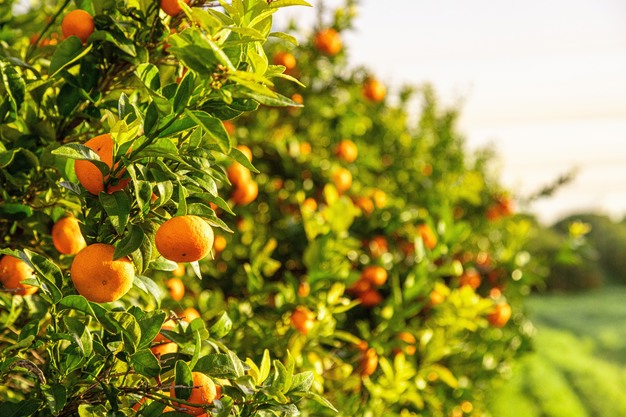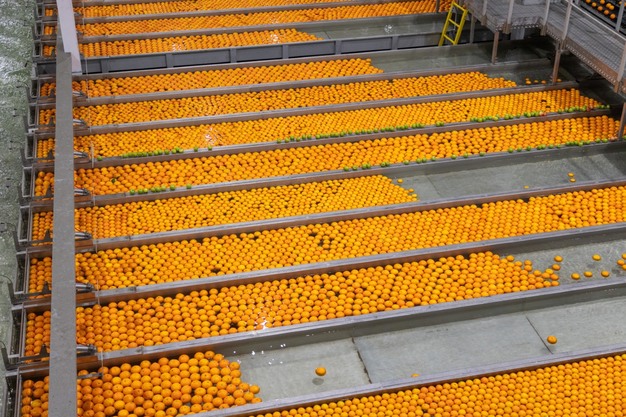The citrus harvest for Redland Fruit has just wound up for the season. They are processing the final bins, and the fruit will enter the storage program.
This year has been very favourable for Australian citrus; the fruit has had great eating quality. "We really needed a good year, after two years of very wet weather with very ordinary fruit, then in 2024, there was more optimism among growers and the fruit production was good," says Jordan Bain, Head of Sales Operations. "In 2025, the early-season fruit really set the tone for the season. The M7s and navelinas were exceptionally good with great eating quality. This resulted in high enthusiasm from the global buyers."
Redland is not alone in having the capability to store fruit for an extended period, but they are the only company to have adapted the DCA technology, which they use on apples and pears. "Fruit maturity is key to storage, and we can only store it for as long as the fruit will allow. Citrus has a sugar/ acid balance, and as the fruit matures, the acid will drop, and it will get sweeter, which is only good to a point. We look at rind integrity as well as flavour, and can store fruit until January."
 © Redland
© Redland
Export markets
The markets have been good this season, and China has really stood out for the increase in volumes taken, which has doubled in the space of two years. In 2023, they took 23,000 tonnes, and in 2025, it was 46,000 tonnes.
"This shows confidence in the quality of Australian fruit. China has suffered from economic volatility, and they are now taking a greater volume of lower-grade fruit, which has impacted the exports from the South African market, as it prefers the Australian flavour profile. Japan has also seen a modest increase year on year of around 20%, and Hong Kong is always steady. South Korea got off to a slow start but built momentum and remains steady. We also do some small volumes to North America; we have seen a 50% increase in Navels. Australia has a 10% tariff, which is relatively light, but the cost of entry to that market is high and will be a barrier compared to other suppliers, such as South Africa and Chile.
 © Redland
© Redland
Trends
Demand from China has shifted in terms of flavour, which has led to a different pool of buyers. "We still have our top-end customers, and now also buyers who like the high-quality flavour but don't require the great appearance as well. This gives potential for us to send more fruit there. The Chinese market has also seen a significant increase in demand for Afourer mandarins. This could be down to the popularity of China's domestic varieties, one of which is the baby mandarin, which is very similar to the Afourer and is sought after by retailers.
"We have had a reasonably good year, and things are setting up nicely for 2026 as we have a nice blossom on the trees. It is a critical time, and we will be hard at work thinning the trees to ensure a good crop set."
For more information:
Jordan Bain
Redland Fruit
[email protected]
